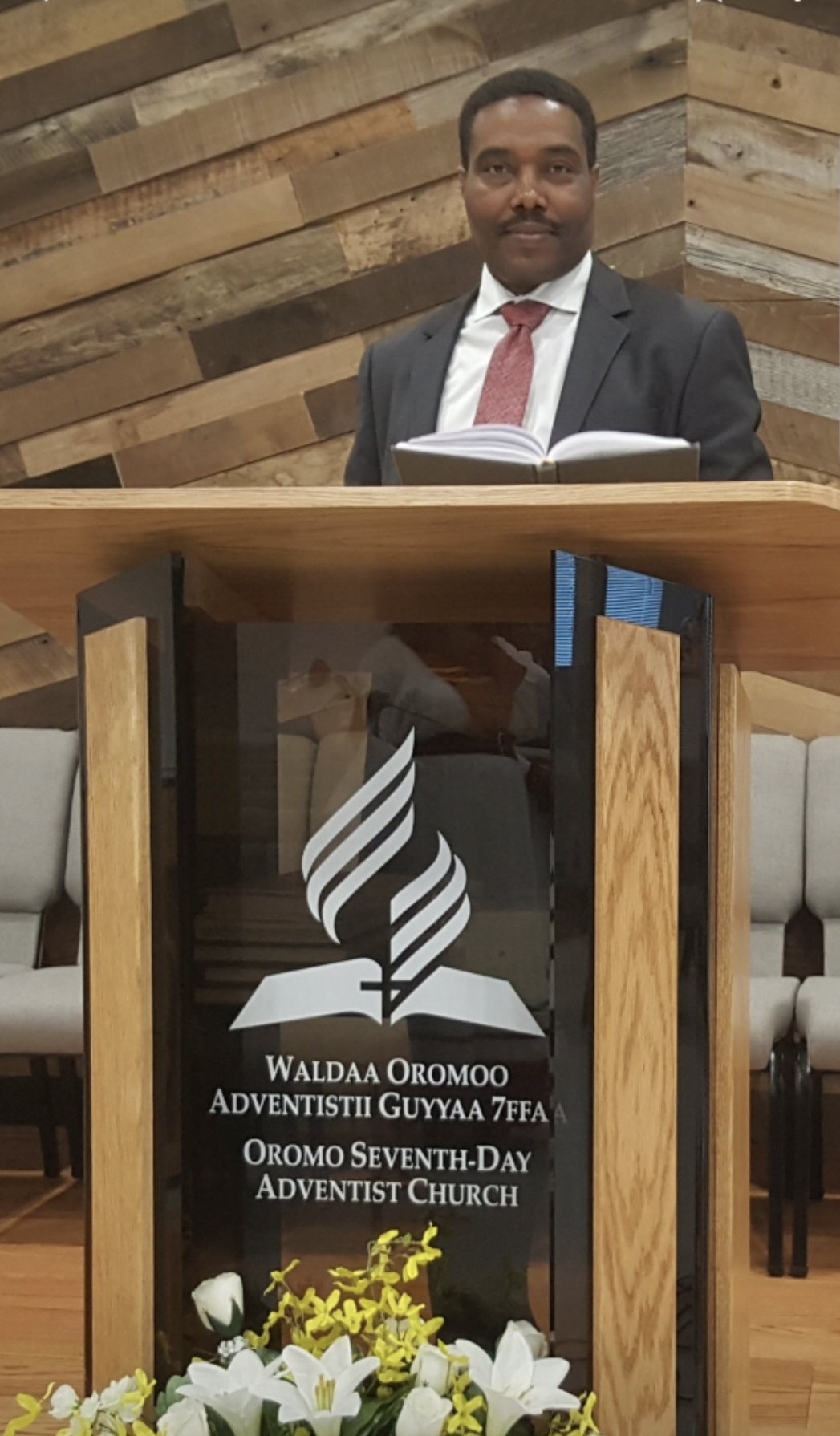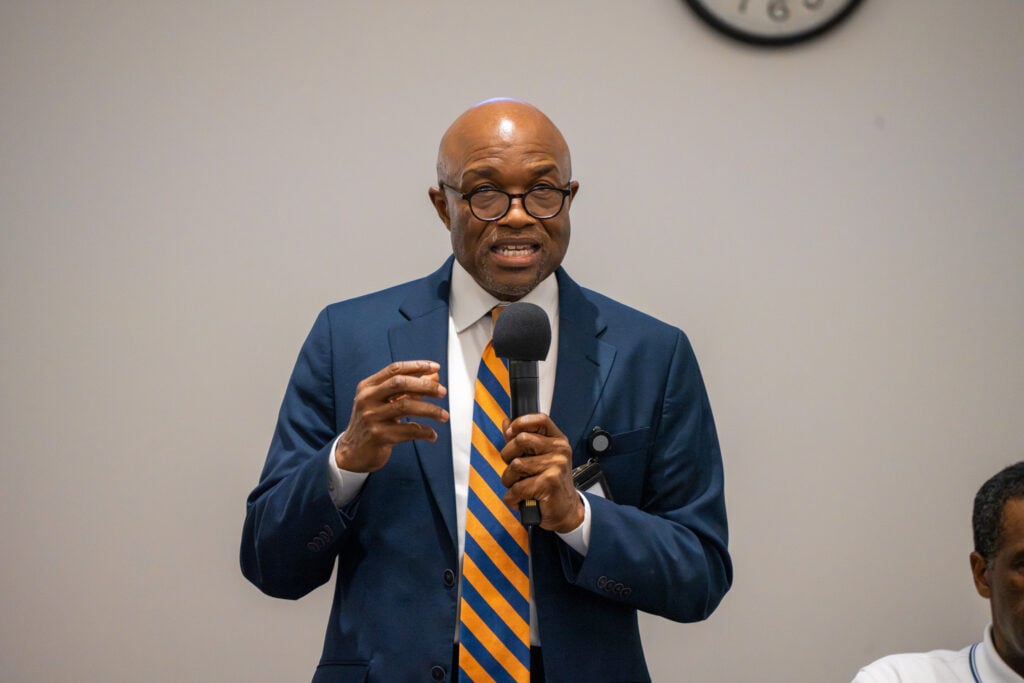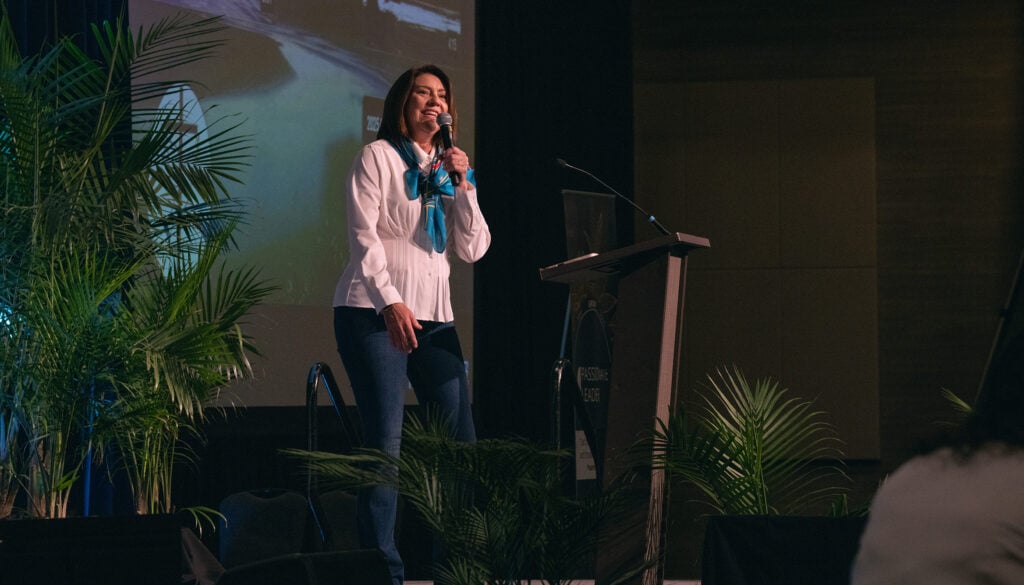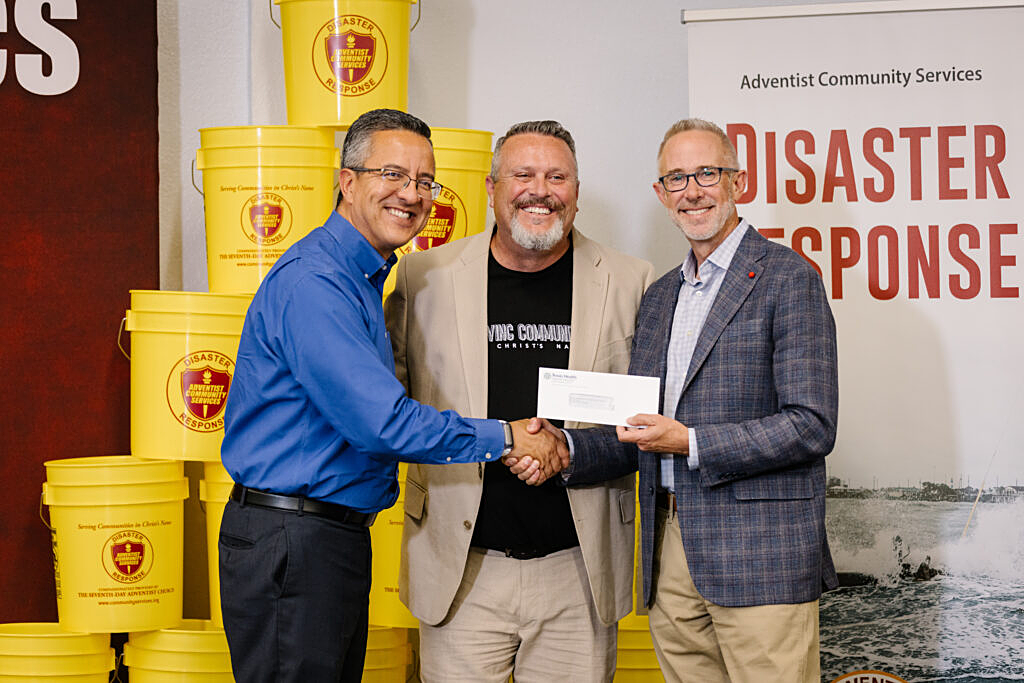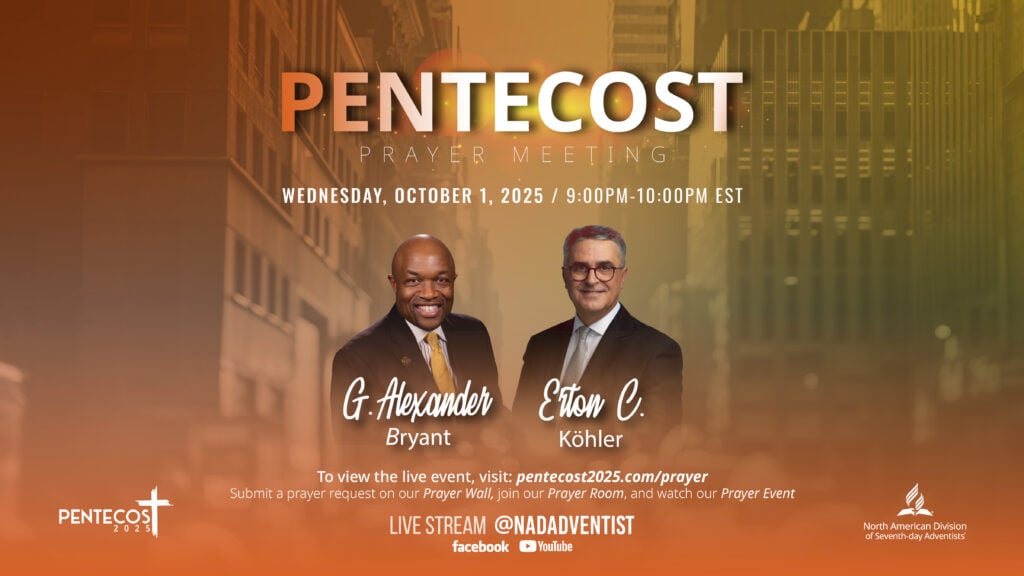Even before his state issued a stay-at-home order to curb the spread of COVID-19, Desta Gelgelu, an economics professor, church planter, and pastor of the Oromo Seventh-day Adventist Church in Minneapolis, Minnesota, called his conference executive secretary for advice. This conversation strengthened Gelgelu’s conviction that something had to be done to protect the Oromo-speaking church members from the potential spread of the virus.
It was March 13, a Friday afternoon. Gelgelu, or Pastor Desta, as he is known by his congregation, quickly called his core elders together on a teleconference. They decided not worship in the church for the March 14 Sabbath services.
For a congregation that loves to spend all day every Sabbath fellowshipping together at the church, this would leave a huge void! The leaders scrambled to put together an alternate plan. They turned to teleconference and livestreaming on Facebook.
“Now we are reaching out to five times the number we were reaching before!” Pastor Desta explains. He shares that their church building only accommodates around 250 people, but on that first Sabbath of livestreaming, the reach grew to more than a thousand viewers from around the world. Viewers watched from Australia, Africa, Canada, and states across the U.S., chiming in with spontaneous, affirming comments. When the service finished, people from around the world joined with a hearty, “Amen!”
“The current situation is a blessing in disguise,” Pastor Desta says. “It forced us to go out of the box.As it is written in Romans 8:28, ‘And we know that all things work together for good to them that love God, to them who are the called according to his purpose.’”
“And even this [pandemic], which is a crisis, in one way is working for good,” he adds. “The church is forced to learn something new. Financially, we will be hurt. Spiritually, we pray that we will come out richer than we were before.”
Describing the needs during this time, Pastor Desta says, “People are talking about hand sanitizer. Much more than that, it is time for us to talk about Jesus Christ, who sanitizes us from all our sins.People are rushing to buy bread, but now it is time for us to rush to get the bread of life, the Word of God.”
Pastor Desta, who also serves as the North American Division’s church planting consultant for the Oromo language group, and his team are initiating prayer chains, children’s ministry trainings, and Bible studies throughout the week during this time.
“That sense of attachment and community, we don’t want it to decrease,” he says. “Human instruments are fragile and fail, but God is omnipotent. When they tell us to be far away from each other, no one can tell us to be far away from our God.”
— Terri Saelee is coordinator of Adventist Refugee & Immigrant Ministries for the North American Division.
